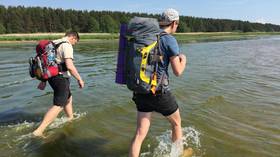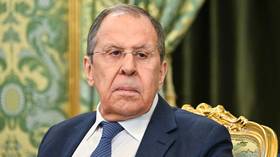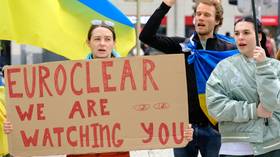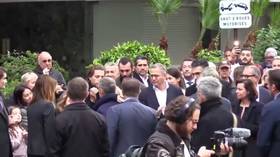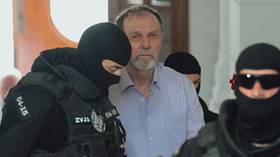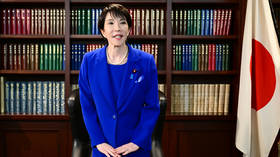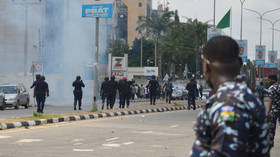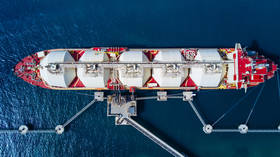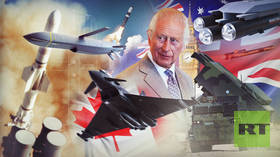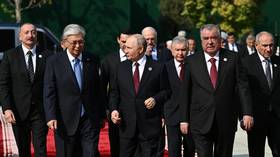EU state calls for Schengen ban on Russians
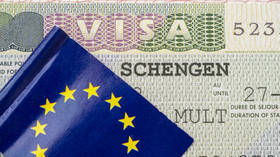
Latvian Foreign Minister Baiba Braze has called on EU member states to stop issuing Schengen tourist visas to Russian citizens, claiming they pose a threat to the bloc’s internal security.
Since the escalation of the Ukraine conflict in 2022, the EU has fully suspended its visa facilitation agreement with Russia and imposed travel restrictions. Latvia, along with Estonia, Lithuania, Poland, Finland, and the Czech Republic, has banned tourist visas for Russian citizens. Norway, which shares a land border with Russia and is not an EU member state, has also closed its border for Russian tourists and other ‘non-essential’ visitors.
“Latvia calls on the EU countries to halt visa issuance for Russian citizens,” Braze posted on X on Sunday, citing security concerns.
She noted that the number of Schengen visas issued to Russian passport holders surged by 25% last year compared to 2023.
According to the Schengen Barometer tracker, the figure surpassed 500,000 in total, despite sanctions targeting Russian applicants. Italy led in visa applications received and emerged as the primary destination for Russian tourists within the Schengen Area, data showed.
Braze’s calls echo those by the country’s interior minister, Rihards Kozlovskis, who said in March it was the EU’s “moral duty” to impose an outright visa ban on Russian tourists. Kozlovskis claimed the EU “must admit” that it is “in a hybrid war” with Russia and urged the bloc to “seriously recognize the threat” that Russian tourists allegedly pose to the EU’s internal security.
Riga has adopted an increasingly hardline stance against Moscow since the Ukraine conflict escalated, announcing sweeping travel restrictions for Russian nationals, including barring Russian-registered vehicles from entering the country.
Along with neighboring Estonia and Lithuania, Latvia has also exhibited hostility to its ethnic Russian minority, which currently comprises around 25% of the country’s population.
In addition to spending more than 1% of its entire GDP on weapons for Ukraine, Latvia has begun to deport thousands of Russians who refused to take or failed a mandatory Latvian language test. It has also destroyed Soviet-era World War II monuments, as well as arrested dozens of people for celebrating the Soviet Union’s victory over Nazi Germany.
Earlier this month, Latvia’s military intelligence service issued public guidelines on how to identify potential Russian spies and saboteurs. Traits such as “sloppy appearance” and “insufficient hygiene” were listed as possible signs of a reconnaissance-sabotage group member.
